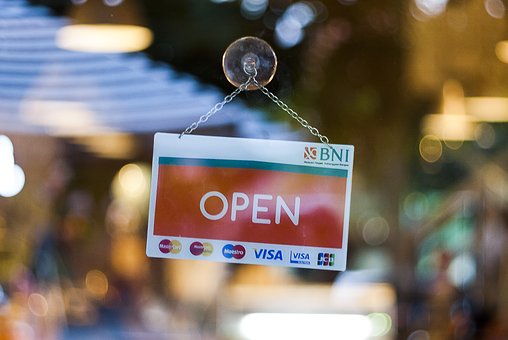What would encourage one of your customers to switch brands?
According to a Nielsen study, price.
In fact, a better price was found to be more effective at causing a buyer to make a switch than quality, service, selection, or features.
While price isn’t everything to the success of an online Marketplace, it plays a considerable role in the buying decision. It’s become an important element in ensuring customer satisfaction and has become a common way for buyers to feel that they’re getting the best deals.
Customers can easily use a mobile device to determine the price of a particular product across multiple sites (even when they’re standing in a physical store.) Two-thirds of in-store shoppers will check prices on their phone before making a purchase.
The cheapest price will not always win
Best Buy Chairman and CEO Hubert Joly said in an interview, “Our goal is to be price competitive; it is table stakes. We don’t want to lose a customer because of price. But we don’t feel that we need to be lower than (the) competition. We just don’t want to be beat.”
Price is not the only element customers take into account in the buying decision, but when all other things are equal (such as service and ratings), offering the fair price is what will prevent them from buying from competition. For many years, it was known that Amazon would have the lowest price on virtually every product. With the trust Amazon has built with customers, it does not need the lowest price at all times - it just needs a fair price.
Your sellers are your best allies
Speaking of competition, recruiting a high number of sellers to your Marketplace will create an environment that will naturally lead to a price war.
As more sellers arrive in similar categories, they’ll seek to compete on price to win the deal, driving down costs.
By expanding your product assortment, not only are more options available for your buyers to choose from (a critical component to Marketplace success), it also leads to better deals on goods offered by multiple sellers. Invest in a variety of strong sellers in similar categories, and you’ll improve the customer’s experience.
Case in point: Darty
French retailer Darty is so dedicated to delivering value through fair pricing, it’s built pricing into its Trust Pact - or its Contrat de Confiance, the heart of Darty’s business philosophy for over 40 years.
The pact is based on three pillars:
- Guaranteed low prices
- Choice of equipment in store and online
- Quality service available 7 days a week
Read more about how Darty grew its business with a Mirakl Marketplace.
Launching multiple offers on Darty allowed the organization to increase the number of offers and allow seller competition for the same product. This drove down price and ensured customers had access to a high level of customer service from sellers who seek to differentiate based on support once prices were set.
David Devalois, Marketplace Manager, describes the impacts of having multiple offers on the Darty Marketplace.
“Seller competition allows us to offer more competitive prices to our customers, which has a positive impact on our conversion rate. Also, we tripled the number of offers, leading to an increase in overall sales.”
In less than a year, the Marketplace drove 10% of e-commerce total sales, bringing in 60,000+ new offers.
Keys to Marketplace success
Clearly, fair pricing matters - but it isn’t everything. For a successful Marketplace strategy, organizations must also:
- Offer a large product catalog
- Grow product offerings by recruiting sellers with big catalogs
- Provide a great buying experience
What is it that all retailers want? They want to never miss sale. A Marketplace provides the broad assortment and fair prices to minimize missed sales.
Learn more about Marketplace best practices on the Mirakl blog.
Written by Barry Murphy
Barry Murphy is the Director of Content and Product Marketing at Mirakl. In this role, Barry leads the alignment of Mirakl's offerings to market needs for the next generation of online commerce. Barry previously ran product marketing organizations for X1 and Mimosa Systems (now part of HPE). Barry also had a highly successful stint as Principal Analyst at Forrester Research. Barry received a B.S. from the State University of New York at Binghamton and an M.B.A from the University of Notre Dame.


